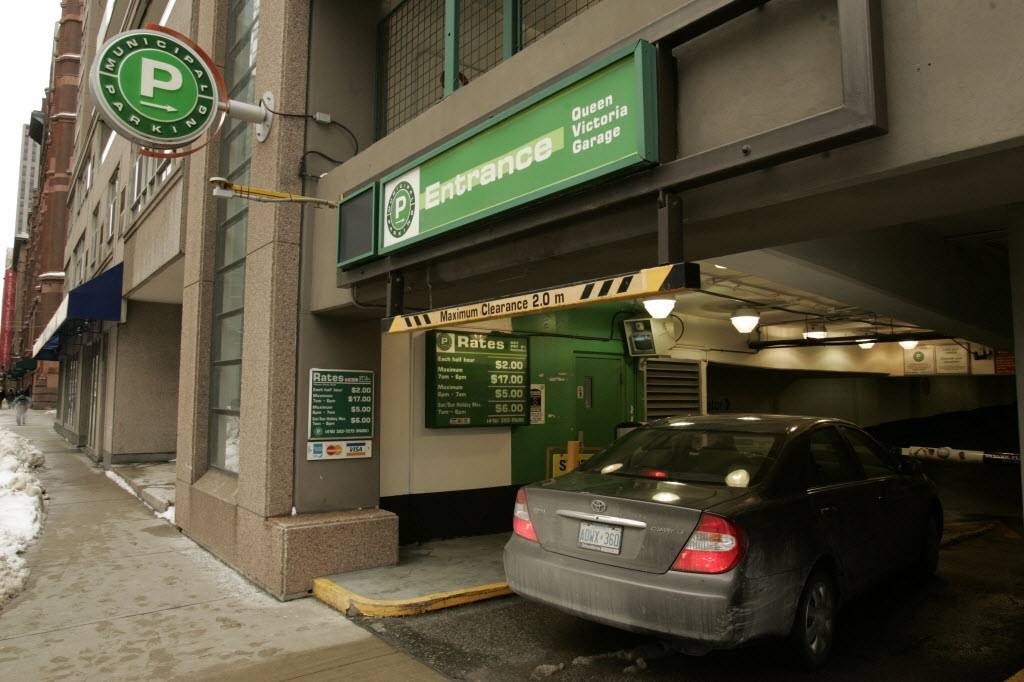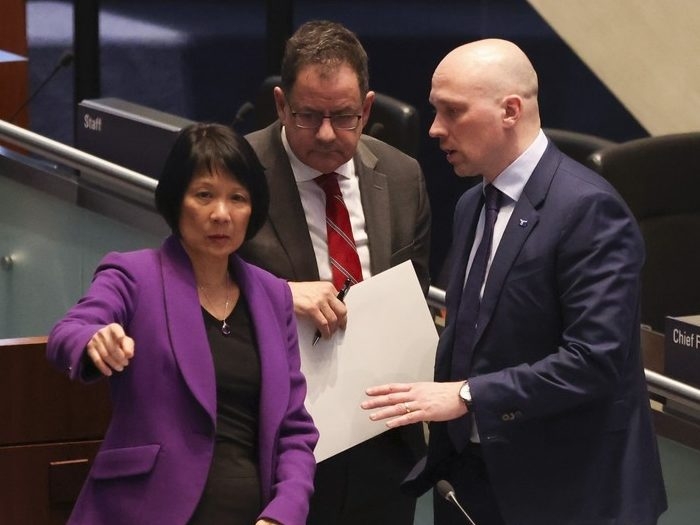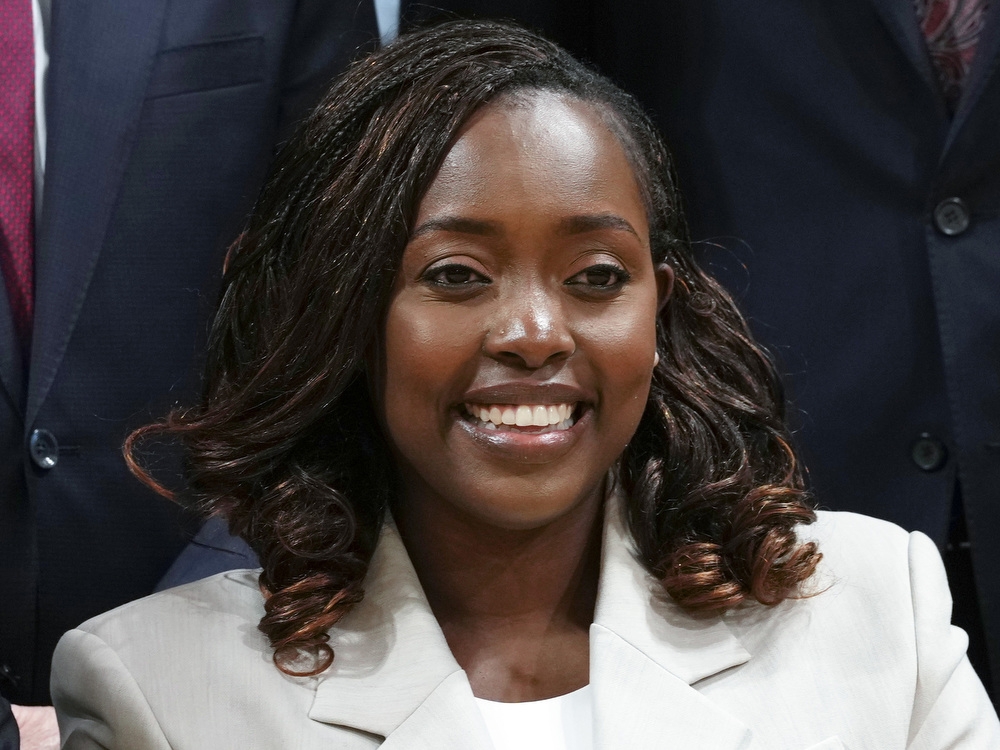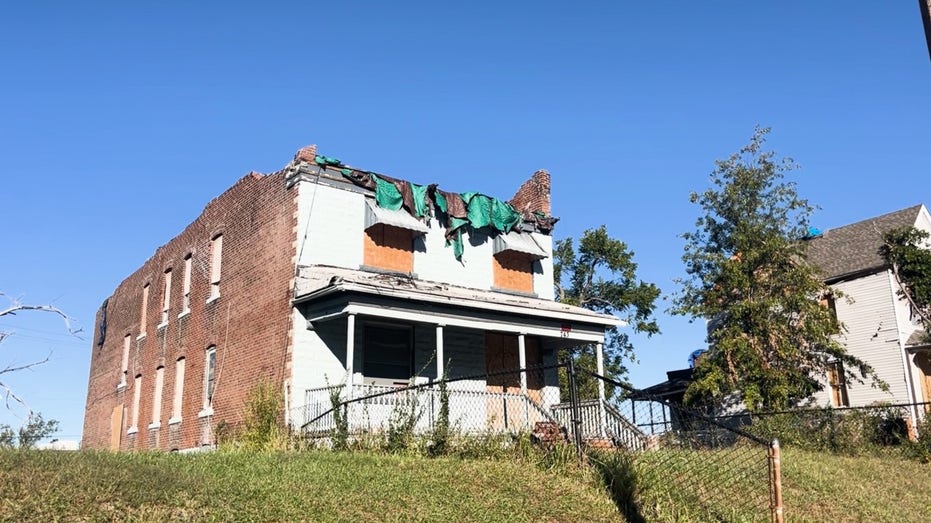The decision came swiftly, shrouded in what some called deliberate secrecy. Councillor Brad Bradford described it as happening “under the cover of darkness,” a sentiment echoed by Stephen Holyday who found the entire process “strange” and “bizarre.” Yet, Councillor Frances Nunziata vehemently defended the move, insisting there was nothing untoward about the sudden dismissal of the Toronto Parking Authority’s (TPA) citizen board.
The upheaval unfolded late Thursday night. Bradford, gesturing to the nearly empty council chamber, had pleaded for a month’s delay – a chance “to do this the right way.” His request was ignored. A motion, introduced by Mayor Olivia Chow just that day, effectively dismantled the existing board, comprised of five public members.
Chow’s motion, framed around the need for “efficiencies,” cited an urgency to optimize savings for the 2026 budget. But beneath the surface, a deeper concern emerged: the TPA was unique among city agencies, a consistent revenue generator, a profit centre in a sea of cost centres. Bradford pointedly noted this, highlighting its crucial role in funding city initiatives.

The replacement board consisted entirely of high-ranking City Hall bureaucrats – the city manager, CFO, deputy city manager, environment division executive, and transportation services general manager. This shift in power raised questions about the future of the TPA and its financial contributions to the city, especially as City Hall increasingly repurposed its valuable parking lot assets for housing projects, often with limited results.
A concession was offered by Councillor Paula Fletcher, who, along with Nunziata, agreed to potentially relinquish their board positions, though the original motion didn’t require it. The vote ultimately passed 15-4, with a significant number of councillors absent. Those dissenting – Bradford, Holyday, Burnside, and Crisanti – voiced strong objections to the abrupt change.
Bradford attempted to directly question Mayor Chow, who had briefly left the debate to attend a fundraising gala. Upon her return, she defended the timing, stating she’d “ran out the door and came right back.” The debate was further complicated by a procedural challenge initiated by Nunziata, who initially resisted a second round of questioning, ultimately relenting after a vote.

Adding to the unusual circumstances, no TPA staff were present to answer questions during the debate. Holyday expressed his frustration, noting the authority’s strong financial performance – $180 million in revenue, a $45 million net income, and 326 employees – and the dismissal of a deferral request. He insisted his concerns be recorded in the minutes.
Fletcher argued the move was necessary to grant City Hall’s leadership “governance authority” over the TPA, allowing for a more comprehensive financial oversight. Nunziata echoed this sentiment, suggesting potential efficiencies through internalizing IT services. She firmly maintained the motion was not driven by any underhanded motives.
The salary of the TPA president, Scott Collier – exceeding both the Mayor and the Premier’s earnings at $485,000 – also drew scrutiny. Chow acknowledged the challenging budget situation, citing lost revenue from speed cameras as a contributing factor. She also stated the previous TPA chairman had resigned for a position with the LCBO, dismissing any connection to her motion.
Chow framed the core issue as whether the TPA should remain an independent, “arm’s-length” agency or be brought under direct City Hall control. When pressed by Bradford if this was the ultimate goal, her response was ambiguous: “We don’t know that at this point.” The future of the TPA, and its vital financial role, remained uncertain.




